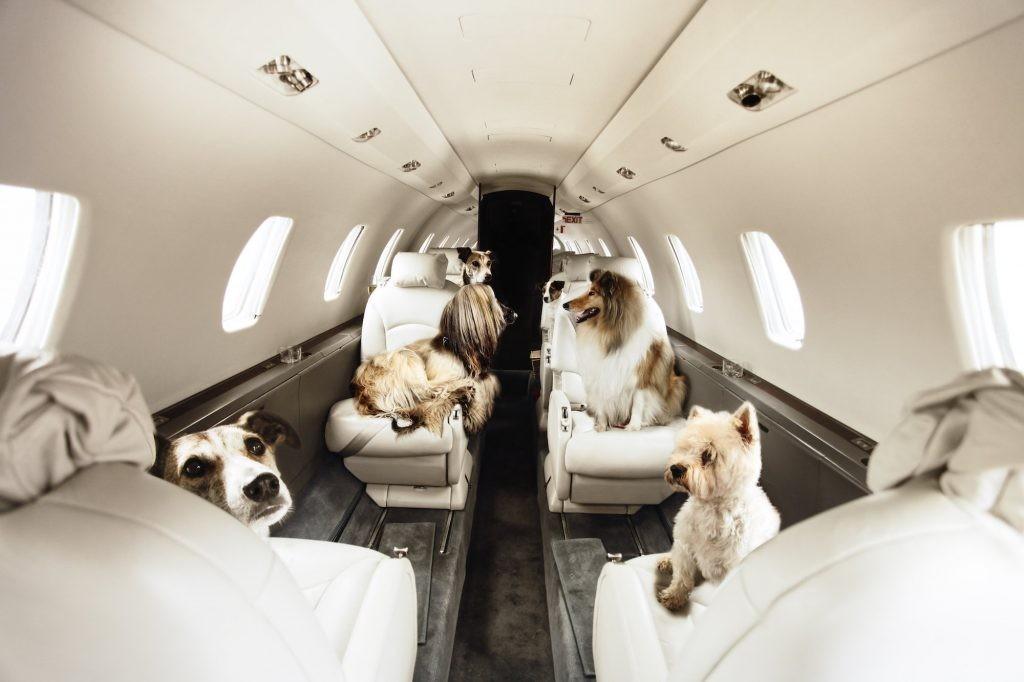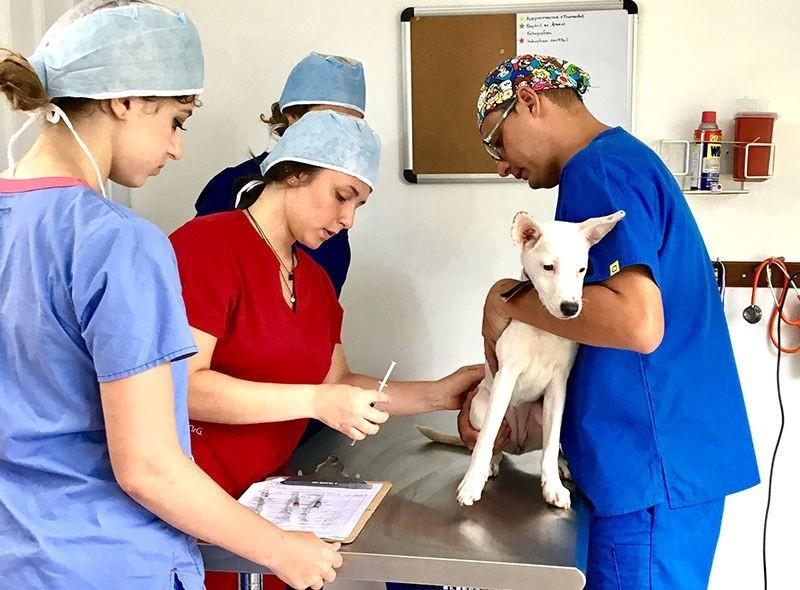Embarking on a new life in Costa Rica is an exciting adventure, but for pet owners, there's an extra layer of planning involved. Moving to a new country with your furry companions requires careful preparation to ensure a smooth transition.
We moved to Costa Rica with two Standard Poodles, Cousteau and Ferdinand. No worries, it all went great!
Let’s navigate some essential steps and considerations for moving to Costa Rica with your pets, ensuring their comfort and well-being as you embark on this new chapter together.
Research Pet Import Requirements
Before making any travel arrangements, it's crucial to research Costa Rica's pet import requirements.
Every country has specific regulations governing the entry of pets, including documentation, vaccinations, and quarantine periods. The Costa Rican Ministry of Agriculture and Livestock (MAG) oversees these regulations. Ensure your pets have up-to-date vaccinations, health certificates, and microchips, all by Costa Rica's guidelines.
Costa Rica requires an international health certificate signed by a vet and authorized by APHIS. Your pet must be examined by a USDA-accredited veterinarian who fills out a Federal APHIS form.
Click here for APHIS USA information and form
Click here for APHIS Canada information and form
*NOTE — Confirm that your vet is USDA Accredited, and they can fill out the Federal APHIS form online. If they can only do it on paper (some still operate without the internet) and count on the mail service to send the documents, it will take too long, and you could miss your time window for form completion and when you want to bring your pet into the country.
Choosing the Right Transportation

Transporting your pets to Costa Rica involves choosing the best mode of transportation for their comfort and safety.
If your pets are small, you will find airlines that allow you to put your pet under the seat and travel with you. Select airlines with pet transportation experience and inquire about their specific pet policies.
Other ways to fly your pet to Costa Rica include, but aren’t limited to, the following:
• In a crate under the plane
• On a small plane chartered to transport pets
• If your pet is large, like ours, and needs an extra-large size crate, you won’t be able to put them on the same plane as you. Extra-large crates have to go on widebody planes, and wide-body planes don’t fly into Costa Rica. We put our dogs on a separate cargo plane that flew into San Jose.
Professional pet transport companies can help you with all the logistics and paperwork. They have experience navigating the intricacies of international animal travel. of international animal travel.
Here are some names of professional transport companies to start your research:
Adapting to the Climate and Environment

Costa Rica's tropical climate requires special consideration when moving with pets. The warm and humid weather can be an adjustment for animals not accustomed to such conditions.
Ensure your pets access shaded areas, freshwater, and appropriate cooling measures. Additionally, it protects them from parasites such as ticks and fleas, which are more prevalent in tropical environments.
*NOTE—Because we live near the beach in Guanacaste, it’s hot during the day. We walk our dogs in the morning before 8:00 a.m. and don’t take them out again until after 4:00 p.m. Of course, we let them out for bathroom breaks, but don’t expose them to the heat for any extended period during the hottest time of day between 10:00 a.m. and 4:00 p.m.
Choosing Pet-Friendly Accommodations
When searching for a place to live in Costa Rica and planning to rent, prioritize pet-friendly accommodations. Not all rental properties or housing communities welcome pets with open arms.
Before finalizing any agreements, clarify your pets' presence with landlords or property managers. Some areas and neighborhoods might be more accommodating to pets, so research to find a suitable environment for you and your animals.
Working with a relocation specialist can help you with this task. Here are some relocation specialist names to start your research:
Preparing for Cultural Differences
Cultural attitudes toward pets can vary from country to country. In Costa Rica, pets are often regarded as valued family members.
However, local customs and practices might differ from what you're accustomed to. For example, there are many more stray dogs in Costa Rica than in North America. Costa Rica doesn’t yet have enough resources assigned to keep the canine population down as you’re used to.
Spay and neuter programs are in place, but it’s a service still catching on. In addition, dogs are also used as security in Costa Rica and kept behind fences.
Spay and neuter programs are in place, but it’s a service still catching on. In addition, dogs are also used as security in Costa Rica and kept behind fences.
Engaging with the local community and understanding their perceptions of pet ownership can help you and your pets integrate more seamlessly into your new surroundings.
Finding Veterinary Care

Once in Costa Rica, locating a reputable veterinarian is essential for your pets' ongoing health and well-being. Research local veterinary clinics and hospitals in your area to ensure you have access to quality care.
Establishing a relationship with a veterinarian early on can provide peace of mind and a reliable resource for any medical concerns your pets might have.
A Final Thought
Moving to Costa Rica with pets demands careful planning, from understanding import regulations to choosing suitable accommodations and adapting to the tropical climate.
We did it, and it went perfectly, so we know it’s possible! Do your research, stay calm, and trust the help and services you use to get your furry loved ones here.
By investing time and effort into the process, you can ensure that your pets will smoothly transition to their new home. As you embark on this exciting journey, your pets will be by your side, sharing the beauty and adventure that living in Costa Rica offers.




